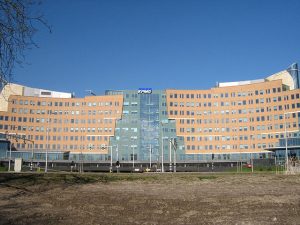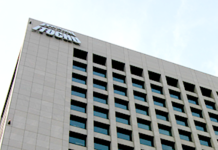The demand for healthcare continues to grow, leaving many organizations scrambling for resources due to labor and supply chain issues. Two KPMG executives recently sat down with Becker Hospital Review to discuss how underinvestment in supply chain technology is causing snarls throughout the healthcare industry.
Vince Vickers, Healthcare Industry Consultant and KPMG Partner, suggests the lag in supply chain technology investment is driven by culture and cost, stating: “Culturally, healthcare has traditionally been a late adopter, more risk averse and generally less adept at change management. Secondly, technology investments and the supporting critically important transformation success factors are not inexpensive.”
Vickers went on to describe healthcare as an industry “leapfrogged’ by others in adopting newer technologies such as Internet of Things tracking and connectivity, artificial intelligence (AI), and robotics, which have become commonplace technologies in other industries over the past 5 to 10 years. Previous systems of just-in-time procurement are not keeping up with the evolved landscape brought about by pandemic-related impacts to the supply chain, and modernized systems that leverage enabling technology could help healthcare businesses keep pace with demand.
Tom Griffin, Healthcare Supply Chain Leader and KPMG Partner, highlighted a list of key issues that have resulted from underinvestment in supply chains and digital technology, such as tech debt, patient and user experience, and staffing shortages and attrition. Griffin suggested several potential actions to address those issues: embracing interoperability and focusing on functionality versus particular software, bringing supply chain leadership to the same level as other critical leadership to drive organizational priorities, building a culture of continuous improvement, and leveraging creative partnerships and collaboration to increase data sharing between healthcare providers and suppliers to better plan demand.
As the healthcare industry continues to transform its information technology infrastructure, executives would do well to be mindful of less visible but highly critical areas of their operations that could benefit from modernization and make productive use of enabling technologies. Investing in more robust systems will not only improve patient care and satisfaction, but better position providers to react more effectively to the next public health emergency.

























